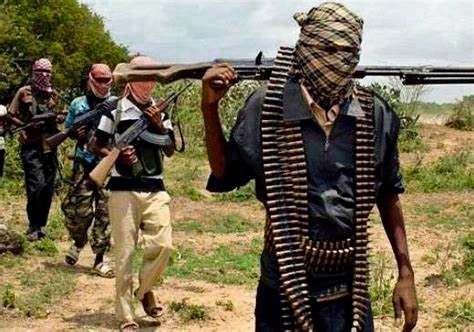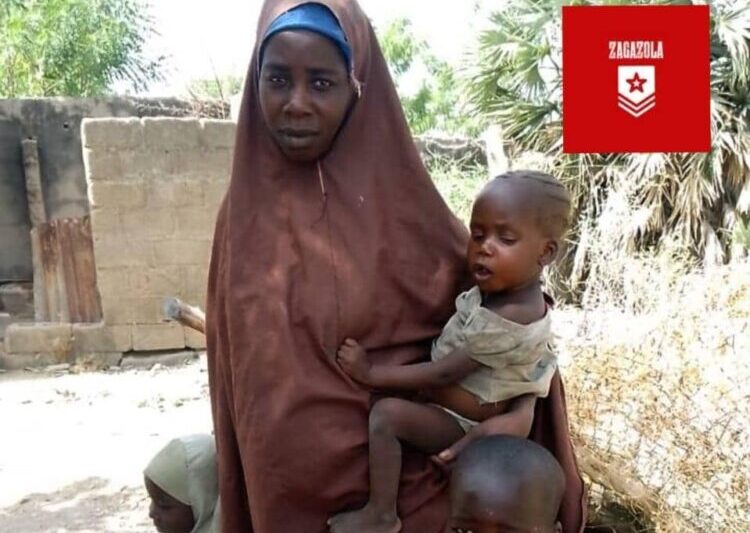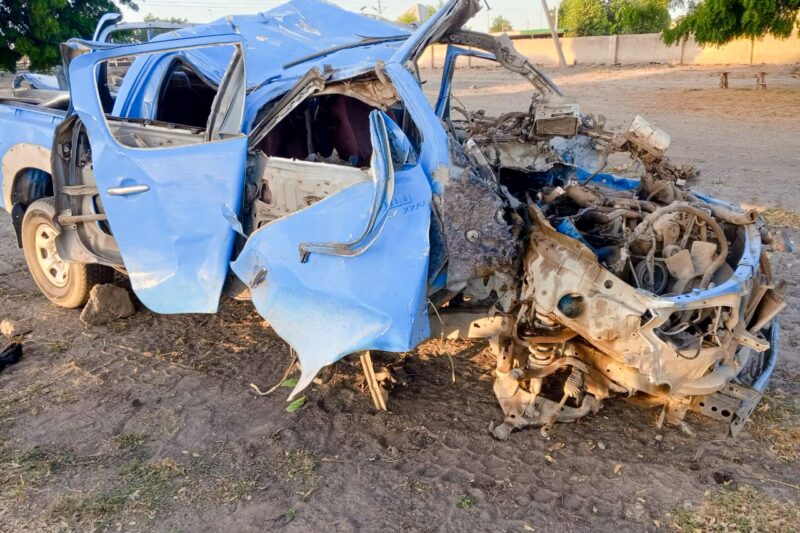The formerly thriving border town of Kirawa in Borno State was left in tatters by the insurgency; its people had fled from persistent and deadly attacks, forced to take refuge in internally displaced persons’ camps or with host communities inside and outside the country; houses, hospitals, businesses, schools, places of worship and government buildings were torched; just about everything that could be destroyed was.
It became a nowhere town that was going nowhere.
But all that has changed and the town is making a comeback. Residents who left Kirawa – formerly a successful commercial, farming and herding community in the Gwoza Local Government Area – have started returning after eight years spent in IDP camps in Maiduguri and Pulka in Borno State, in Adamawa State, and in the Minoa camp in Cameroon.
Already more than 2,500 displaced families have resettled in their ancestral home.
The Borno State government began allowing residents to return after it had set up a committee, which was given the task of rebuilding destroyed homes in Kirawa so that former residents could return safely.
Borno State governor Babagana Umara Zulum went to the town on Sunday, June 12, to monitor, supervise and assess the progress of the resettlement. On his instruction, the committee had overseen the renovation or reconstruction of houses for the 2,500 returnees. Zulum disbursed ₦120 million among them – with each father receiving ₦100,000 and their wives ₦20,000. They were also given a food bag comprising rice and maize and the women were each given a wrapper containing clothing and material.
Kirawa ward councillor Amada Hokki Kirawa told RNI that the residents had wanted to return to their ancestral home for the past eight and had been waiting for the government to allow them to resettle there.
“We, the people Kirawa, pleaded with the government many times to allow us to return to our homes. We were tired of staying at refugee or internally displaced persons’ camps in Cameroon, our neighbouring country, or in another state, such as Adamawa. No matter how comfortable a person is as a refugee or IDP in another place, we would rather struggle in our ancestral home. We were persistent and regularly pleaded with the government to provide adequate security personnel, as well as humanitarian aid, such as food and water and other social services, so that we could happily return home.
“Then the government listened to our demands and pledged to provide effective security as one of the first steps for us to resettle in the Kirawa community. While we were waiting for the government’s response, one day we saw Multinational Joint Task Force (MNJTF) soldiers in Kirawa town, where their base is. We are very pleased to have the soldiers around and we really appreciate the government fulfilling its promise,” Hokki Kirawa said.
“More than 2,500 households or families have returned to Kirawa and we expect more to return in the next two to three days. Everyone is happy and we are jubilant to be back home and safe.
“The returnees still face some challenges. Some of their houses still need urgent renovation and reconstruction. Those who have the means have already started renovating and rebuilding their houses. Others are building temporary tents. We hope the government will help everyone to finish renovations and the reconstruction of houses soon.
“Economically, things have already started picking up. Many of the returnees have started working and earning a living. The roads are now open and the transportation of commodities from Maiduguri to Kirawa has begun. Businesses thrive in Kirawa because it is a border town between Nigeria and Cameroon. But some traders need capital support to help them get their businesses up and running again.
“Another challenge has to do with agricultural activities, especially as the rainy season has set in. Farmers have started sweeping and clearing their farmlands but they do not have enough implements or equipment. They need seeds, fertilizers and tractors, among others. We have asked the government to help farmers by providing them with adequate implements so that they continue farming without hindrance.”
Yakubu Mabba Ali Kirawa, the chairman of the Kirawa Development Association (KDA), told RNI that the government had set up a committee to oversee the resettlement in the community. But, he said, there were still challenges confronting the returnees.
“We are very grateful to Almighty Allah. The executive governor of Borno State, Babagana Umara Zulum, started the reconstruction and resettlement processes in Kirawa town a long time ago. Initially, he started with security. Once there was adequate security, he set up a committee to oversee the reconstruction of houses, hospitals and schools, all of which were destroyed by Boko Haram [Jamā’at Ahl as-Sunnah lid-Da’way Wa’l-Jihād or JAS] insurgents. The governor even supervised the work of the committee to ensure that all the necessary social services, such as food, water and healthcare were available.
Ali Kirawa said Zulum’s visit to Kirawa on Sunday, June 12, at about 7am was to see how the resettlement was proceeding.
“He met thousands of people and distributed food, wrappers and cash to help the returnees to sustain their livelihoods. We are very grateful to Almighty Allah and Zulum for successfully resettling Kirawa town. The mood among the returnees is excitement and happiness.
“Now that we have been resettled, we would like the government to repair the 16km road between Pulka and Kirawa, including a dilapidated culvert, particularly now that the rainy season has started. We don’t want floods and the route is vital for traders, motorists and farmers, who use it to transport commodities and farm produce. If the government reconstructs the road and culvert, it will help boost business and farming activities.
“The government has already reconstructed some schools and hospitals but still we need medical supplies to ensure effective healthcare service delivery. We hope the government will help us to achieve this. Also, some traders need capital to help them start up or continue their business activities. It’s not easy for someone who has been displaced for almost eight years without doing anything to start a business without support.”
Umaru Yakubu Kirawa, a journalist, said the town had been a business hub for years, which was why the government needed to continue to pave the way for sustainable development and economic growth, not only for northeastern Nigeria but also for the whole of the Lake Chad Basin region.
“Before the insurgency, Kirawa was the centre of commercial and agricultural activities. Locals traded not only in the town, but also with people in other parts of Nigeria and in neighbouring countries, such as Cameroon and the Central African Republic.
“There is a lot of potential for businessmen because Kirawa lies between Nigeria and Cameroon. It’s a border town and if it thrives, it will help to bring prosperity to the rest of northeastern Nigeria and, in fact, the entire Lake Chad Basin region.”
Yakubu Kirawa said the government needed to address the issue of water scarcity in Kirawa by drilling mega boreholes capable of supplying enough water for everyone. “This water project will boost irrigation farming activities helping to put an end to food insecurity.”
SHETTIMA LAWAN MONGUNO








